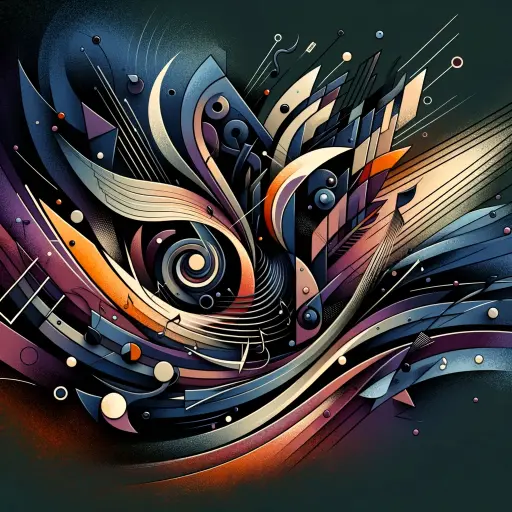
Modern Electroacoustic Concerts
Modern Electroacoustic is a genre that emerged in the mid-20th century, blending elements of electronic music and traditional acoustic instruments. It originated from the development of technology that allowed composers to manipulate and process sound using electronic devices.
One of the key characteristics of Modern Electroacoustic music is its focus on experimentation and exploration of new sounds. Composers in this genre often use computer-generated sounds, field recordings, and digital processing techniques to create unique sonic landscapes. The genre also incorporates elements of musique concrète, which involves manipulating recorded sounds to create compositions.
Over time, Modern Electroacoustic has evolved alongside advancements in technology. In the early days, composers relied on tape recorders and analog synthesizers to create their works. However, with the advent of digital technology, composers gained access to more sophisticated tools for sound manipulation.
Several significant artists have contributed to the development and popularity of Modern Electroacoustic music. One notable figure is Karlheinz Stockhausen, a German composer known for his groundbreaking works in electronic music. His album "Gesang der Jünglinge" (1956) is considered one of the earliest examples of Modern Electroacoustic composition.
Another influential artist is Pierre Schaeffer, a French composer who pioneered musique concrète. His work "Étude aux chemins de fer" (1948) utilized recordings of train sounds manipulated through various techniques.
The impact of Modern Electroacoustic on the global music scene has been substantial.
Listen
Concert Schedule
| Concert Date | Artist | Venue | City |
|---|

